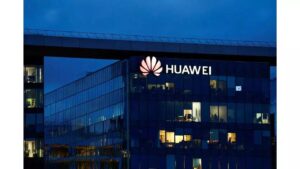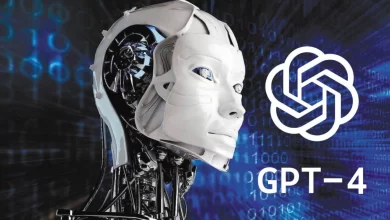ByteDance plans AI expansion with Huawei’s technology in response to U.S. sanctions

TikTok’s parent firm, ByteDance, is allegedly developing a new AI model with Huawei’s Ascend 910B CPUs. This effort is in response to U.S. export limitations on powerful AI chips, such as those manufactured by Nvidia, which have forced ByteDance to rely on domestic sources. ByteDance previously employed the Ascend 910B processors for less difficult AI activities, but now plans to use them to train a large-language AI model, despite the fact that these chips are less powerful than those generally required for such jobs.
However, ByteDance faces difficulties in obtaining enough of these chips, as only approximately 30,000 of a 100,000-unit order were delivered by mid-2024. This scarcity may impede the development process. Despite the accusations, a TikTok spokeswoman has openly refuted any intentions for a new AI model, stating that the claims are false.
This relationship between ByteDance and Huawei illustrates the ongoing tech struggle between China and the United States, with businesses like ByteDance seeking to improve their AI skills despite geopolitical restraints. The new model is predicted to have less computational capacity than their present Doubao chatbot.
In response to the US export limits that went into effect in 2022, ByteDance has been looking for alternatives to continue its AI development. The company’s principal answer involves using Huawei’s Ascend 910B CPUs, which, while not as powerful as American-made GPUs, are an important alternative for AI model training. The Ascend 910B processors have previously been utilized for less demanding tasks, such as conducting inference on pre-trained AI models. ByteDance aims to use these processors to train its forthcoming huge language model.
However, this choice raises concerns. Training an AI model from scratch requires vast computational capacity, and while the Ascend 910B is adequate for lesser tasks, it may struggle to manage the massive data processing required to develop complex AI models. ByteDance has apparently suffered difficulties, since it only received a quarter of the 100,000 processors it purchased from Huawei, potentially slowing down work.



